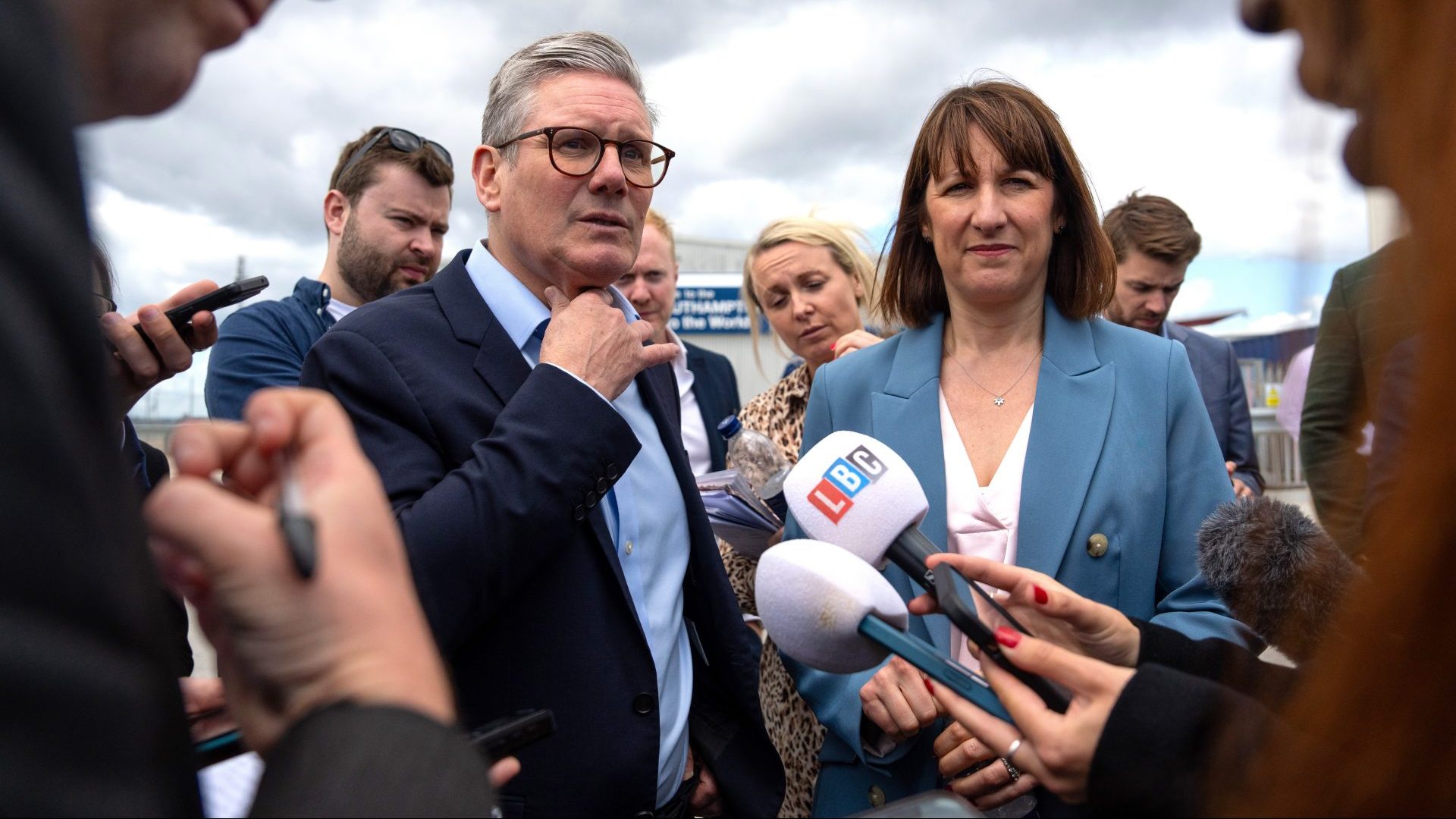I was at an event in Westminster the other night – one of the few summer parties not to get cancelled because of the election – and many of the great and the good of the political world were there. Naturally, I spent my evening ignoring them all and hiding in a corner with all the other journalists.
What was the mood among our people? Easy; we had the two B’s. Everyone in our circle was, it turned out, busy and bored. It may sound like an odd combination of things to be, especially for usually restless hacks, but it made sense in context.
This election campaign is odd because we already know who’s winning. The Conservative party will only become interesting again once it tears itself apart over the summer. For the time being, the only show in town is Labour’s. The only problem is that they really, really do not want us in the tent.
Reporters and editors from neutral and nominally friendly publications are struggling to schedule interviews with MPs. Many candidates have been explicitly instructed not to interact with the press at all. Once a week, the party throws a handpicked photogenic and interesting candidate in the direction of a broadsheet; the rest of the time, their doors remain firmly shut.
On a personal note, I fired a quick message to a shadow minister the other week, asking a single fun and simple question, and was told that all requests had to be addressed to their media adviser.
You may be reading this and – especially if you like the Labour party – think that we journalists aren’t exactly worth pitying, and that keeping us happy shouldn’t be the priority of an incoming government.
You would be somewhat right, but also somewhat wrong. It is fine for Labour to currently keep a very, very tight grip on its media operation, but they will soon have to learn that previous governments didn’t entertain us solely because they loved us and cherished our presence.
Hacks have newspaper pages and column inches to fill every day; if they get bored and are not given anything to write about, they will start digging elsewhere. This is why we, like zoo animals, must be fed well, and regularly. We’ll just get cranky otherwise.
It’s a dynamic that can occasionally become quite farcical. As one former Liberal Democrat adviser once told me, his least favourite part of every party conference was to find enough new policies to announce for every day of the shindig.
They knew that those policies were unlikely to ever become anything, and the newspapers knew it too, but if those policies weren’t announced, the reporters would turn their attention to the bars, where seedier stories may be uncovered. It was in everyone’s interest to shove all those spokespeople on stage and make them tell the members about some new non-existent tax or levy.
Keir Starmer’s Labour party has decided to do away with tactics like these. The manifesto launch, for example, was hardly an exciting affair. All the policies had been announced or at least trailed beforehand, and there wasn’t a single rabbit inside the hat. It is a grown-up way to do politics, they’re telling us, but they ought to wonder why everyone else felt the need to spice things up.
If the polls are right, Labour is about to gain the largest parliamentary majority in a generation. That is good for them, of course, but it will come with some difficulties. If you have hundreds and hundreds of MPs, many of them will end up sitting on their hands on the backbenches, frustrated and resentful.
There is also no amount of vetting that will prevent at least a handful of weirdos from getting in, especially after an electoral landslide. What this means in practice is that there will always be dirt that journalists can uncover, that will either make the party look messy and divided, embarrass the leadership, or sometimes both.
The only way to minimise this is to learn to play nice with reporters, throw them bits of red meat when they’re beginning to look grumpy, and generally keep them happy and excited. It may feel pointless and demeaning but it is something all successful governments have, in time, learnt to do. Starmer’s Labour will get there eventually; it may as well do so sooner rather than later.











